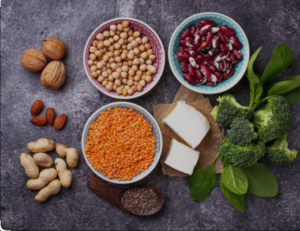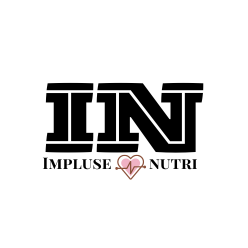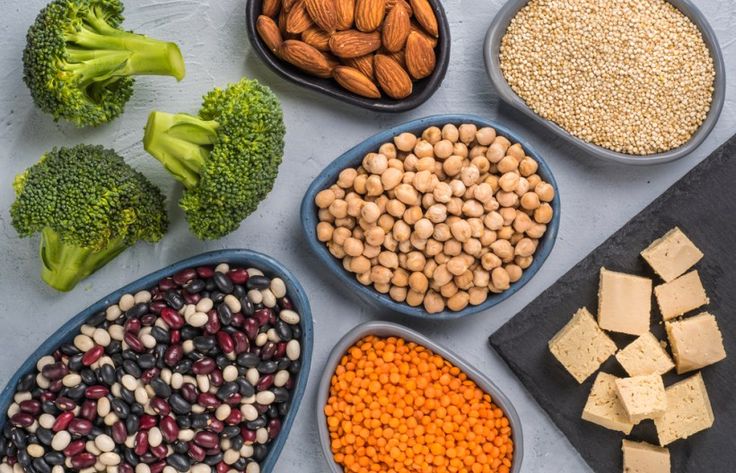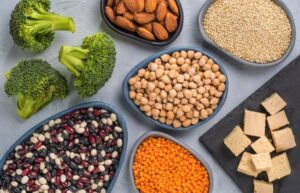Protein Rich Veggies are essential for individuals who follow plant-based diets. Here are some of the best vegetarian and vegan protein sources:
1. Legumes:
– Lentils: Rich in protein and fiber, lentils are versatile for soups, stews, and salads.
– Chickpeas: Great for making hummus, falafel, and adding to curries.
– Black beans, kidney beans, and pinto beans: Ideal for Mexican and Latin American dishes.
– Peas: High in protein and often used in soups, stir-fries, and as a side dish.
– Edamame: Young soybeans with a high protein content, often used in Asian cuisine.
2. Tofu and Tempeh:
– Tofu: Made from soybeans, tofu can be grilled, stir-fried, sautéed, or blended into smoothies.
– Tempeh: Fermented soybean product with a nutty flavor, great for marinating and grilling.
3. Seitan (Wheat Gluten):
– Also known as wheat meat, seitan is a high-protein meat substitute with a chewy texture.
4. Quinoa:
– A complete protein source, quinoa is versatile and can be used in salads, bowls, or as a side dish.
5. Nuts and Seeds:
– Almonds, peanuts, and cashews: Nut butters and whole nuts are protein-rich snacks.
– Chia seeds, flaxseeds, and hemp seeds: Sprinkle them on yogurt, oatmeal, or use them in smoothies.

6. Grains:
– Farro, bulgur, and wheat berries: These whole grains provide protein and are great in salads.
– Amaranth and teff: Lesser-known grains that are high in protein.
7. Plant-Based Meat Alternatives Protein Rich Veggies:
– Beyond Meat and Impossible Burger: These plant-based meat substitutes have become popular for their meat-like taste and texture.
8. Dairy Alternatives:
– Soy milk, almond milk, and oat milk: These milk alternatives are often fortified with protein and can be used in cooking and baking.
– Vegan yogurt and cheese: Some brands offer protein-rich dairy alternatives.
9. Green Vegetables:
– Spinach, broccoli, kale, and Brussels sprouts: While not extremely high in protein, they still contribute to your daily intake when eaten in larger quantities.
10. Spirulina and Chlorella:
– These green algae are rich in protein and are available in supplement form or powdered for smoothies.
11. Veggie Burgers and Meat Substitutes:
– Various brands offer vegetarian and vegan patties made from ingredients like beans, mushrooms, and vegetables.
12. Nutritional Yeast:
– Often used as a cheese substitute, nutritional yeast contains protein and has a savory flavor.
13. Legume-Based Pasta:
– Pasta made from lentils, chickpeas, or black beans provides more protein than traditional wheat pasta.
14. Soy Products:
– Soybeans, besides tofu and tempeh, can also be used to make soy milk, soy yogurt, and soy-based protein products like veggie burgers.
When following a vegetarian or vegan diet, it’s essential to combine different protein sources to ensure you get a variety of essential amino acids. This approach ensures that your diet is nutritionally complete. Additionally, pay attention to other essential nutrients, such as vitamins and minerals, that may be less abundant in plant-based diets, and consider fortified foods and supplements if needed. Consulting with a registered dietitian can provide personalized guidance on meeting your nutritional needs on a vegetarian or vegan diet.


